There was a widespread belief that snakes use their tongues as a source of venom or something creepy that comes out of the snake’s mouth and then returns quickly and can bite humans through their tongues, and this belief was firmly established by many myths in ancient civilizations and religions. Then theories emerged in the seventeenth century AD, and snakes were believed to stick their tongues out to clean dirt from their noses, as “Giovanni Battista,” an astronomer and naturalist.
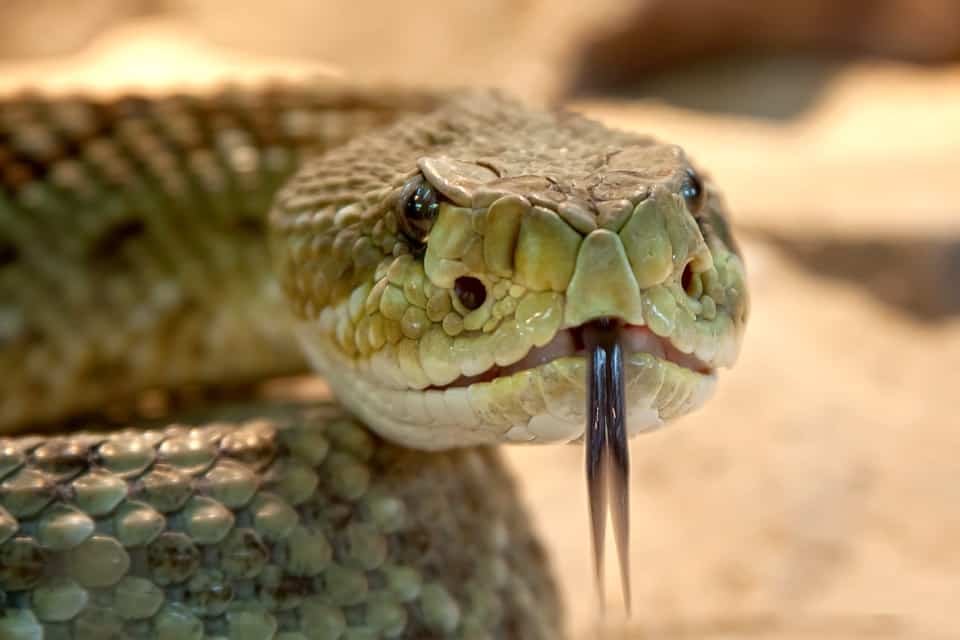
On the other hand, Jean-Baptiste Lamarck, a French naturalist, believed that the limited vision of snakes forced them to use their tongues, considering that the tongue acts as a communication tool, and this opinion remained prevalent until the end of the nineteenth century AD.
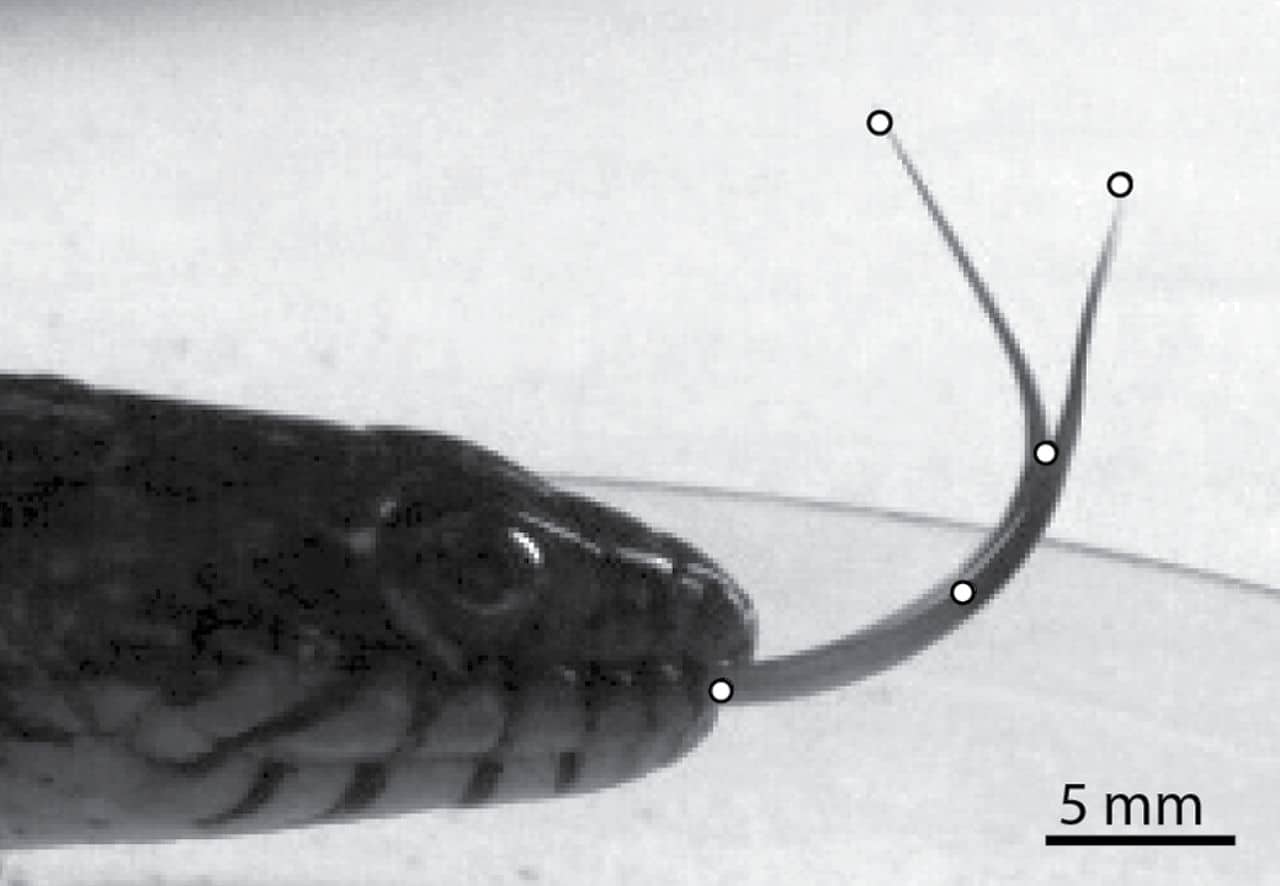
But the truth seems completely different. Snakes peck with their tongues to collect chemicals from the air or the ground to compensate for their poor eyesight and hearing. This tongue function was developed by the ancestors of snakes millions of years ago at a time when dinosaurs were moving through wet forests, the ancestors of snakes chose to hide underground and adapt to cracks tight across by their long and slender bodies, and during this period, snakes have successfully developed one of their most recognizable features, their forked twin tongue.
“As an evolutionary biologist, I’m fascinated by these strange tongues, and the role they played in snakes’ survival success,” says Kurt Schwenk, professor of ecology and evolutionary biology at the University of Connecticut. It began to appear in the early 20th century when scientists turned their attention to two follicle-like organs located directly at the top of the mouth. Known as “Jacobson’s” organs, each opens into the mouth through a small hole.
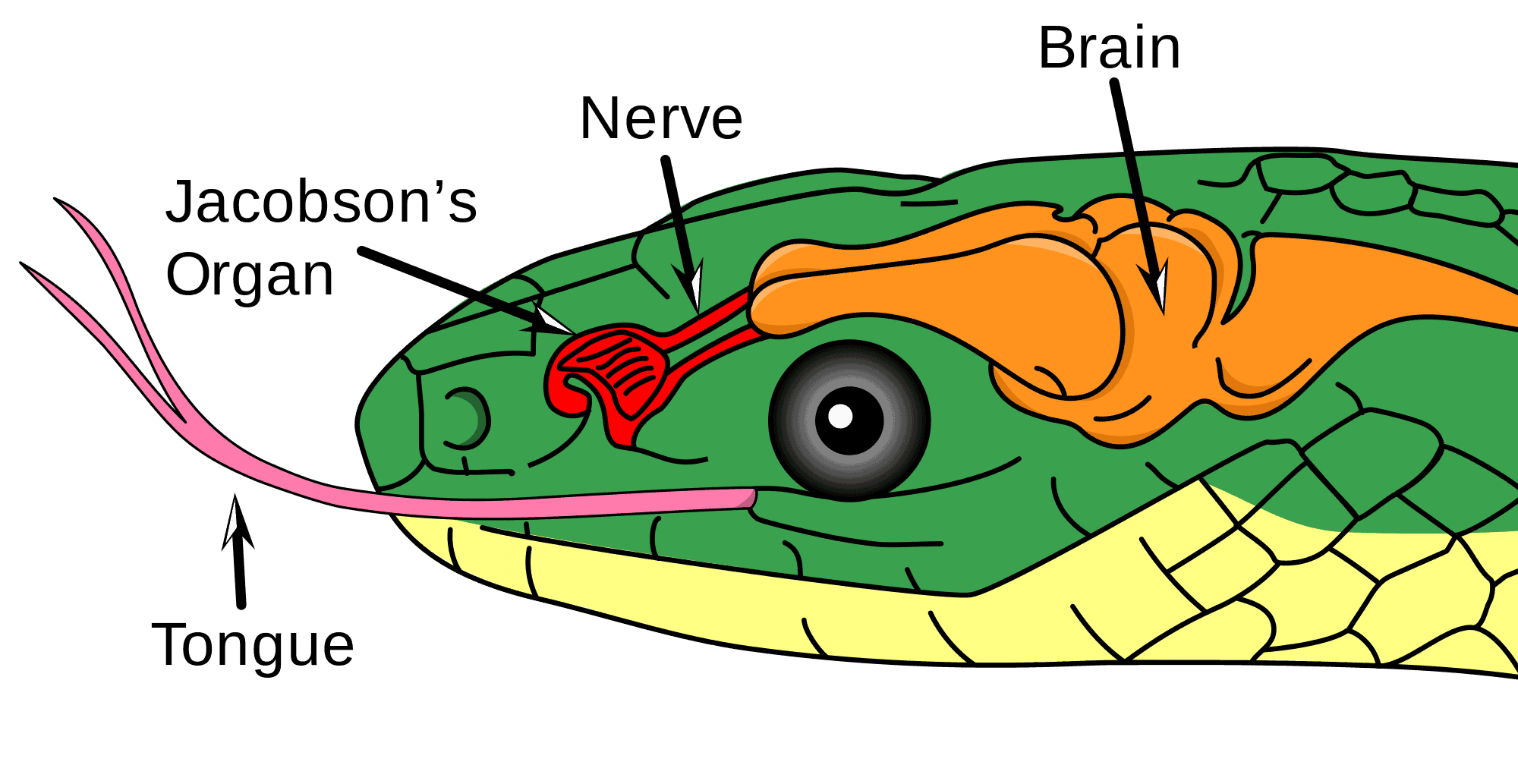
Scientists have found that snake tongue picks up particles or odors from the ground or air; they separate the ends of their tongues to allow them to sample from two widely different points together, and then the two ends of the tongue are inserted into each hole of what is called Jacobson’s organ, which sends impulses electrically to the brain to assess which side has the strongest scent instantly.
So, remember that the tongue is not a sense of smell or taste. It simply picks up the chemicals from the air or ground and passes them to Jacobson’s Organ. That explains why snakes flick their tongues.

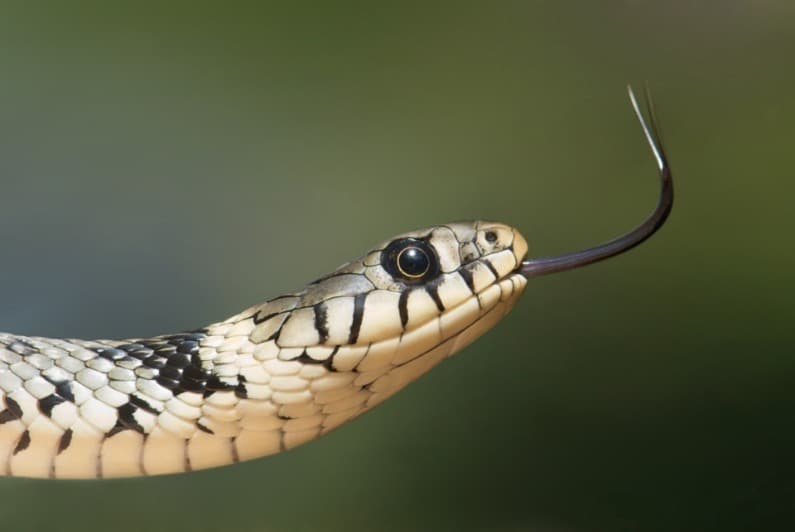

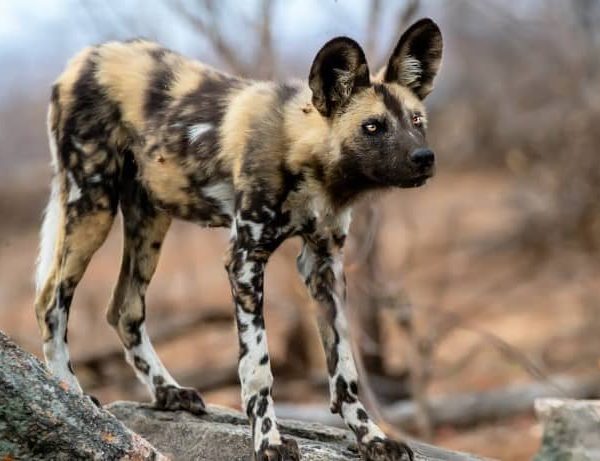
Leave a Comment